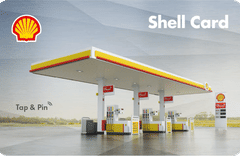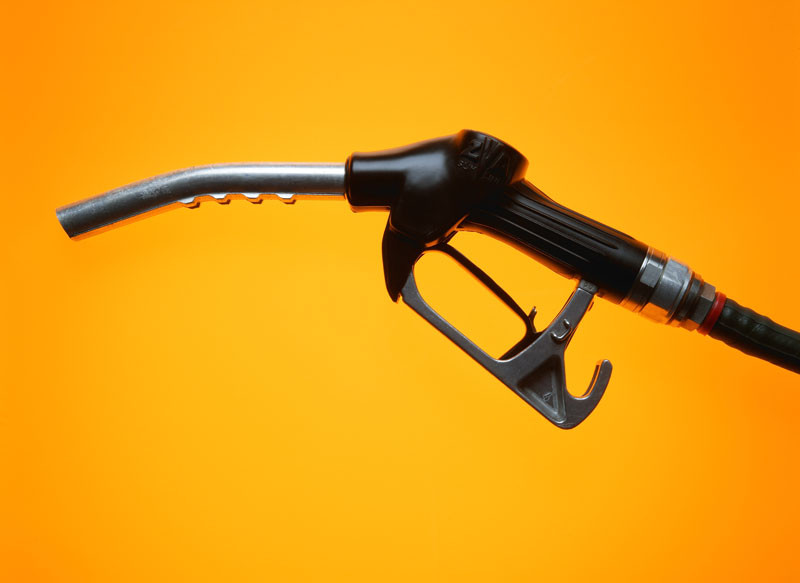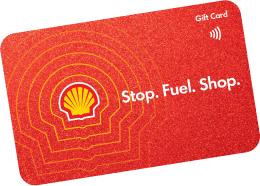If you are a fleet manager and you are looking to cut down on fuel costs, one of the best ways to do that is to monitor fuel consumption in real-time with a tracking system. In fleet management, monitoring the amount of fuel that each fleet vehicle uses is detrimental to maintain a good fuel economy. Moreover, analysing why certain unnecessary expenses (such as pour routing) occur and eliminating them can give you the extra savings you need.
How Do Tracking Systems Reduce Fuel Cost?
The first step in optimising your fleet’s fuel economy is to get a precise understanding of its current fuel usage. In order to do that, you would need an accurate GPS tracking system.
The aim of fuel tracking systems is to boost your fuel efficiency and save you running costs. Moreover, these tracking devices identify the main areas in which there are rooms for improvement in terms of fuel savings.
They achieve that by moderating driver behaviour with reducing the vehicle speed limit, advising against recurring excessive idling times and promoting more fuel-efficient driving habits. The amount of fuel that your fleet vehicles need is strictly interdependent with the routing that you choose. For example, unnecessary rapid acceleration across many vehicles piles up in extra fuel use. And
Moreover, fuel tracking systems allow for better-structured vehicle maintenance schedules across the entirety of your fleet. (alerts the drivers on a specific mileage, which can both improve fuel efficiency and lower operating costs)
Aside from that, fuel tracking systems integrate the data of your fleet with fuel cards and reports.
There are many tracking system options that you could take advantage of as a fleet manager. GPS tracking systems, paired with alerts allow you to see where there are cost savings to be made in real-time out of excessive idling, routing improvements, speed limit implying and more.
Other Fuel Saving Devices For Better Fleet Management
Fuel Savers are magnet devices that get installed and attached to your fuel line. The idea of the fuel-saving device is to achieve more fuel-efficient work of the engine it is attached to. They achieve a better fuel economy by cleaning the engine and ensuring a better flow, which leads to higher horsepower for input.
Gas Mileage Trackers record the mileage done by each fleet vehicle. When applied to more vehicles, they can play a part in forming a GPS Tracking system or a fuel tracking system. These devices utilize tracking technology to monitor and verify the gas mileage and mileage records.
Fuel Tracking devices aid a fleet manager in utilizing less fuel through more optimal routes. A good fuel tracker would improve the productivity of the fleet vehicle, reduce the mileage and extend its life-span. Moreover, fewer movements mean an improved dispatching service.
Tips For Efficient Fuel Economy and Reduced Fuel Cost
If you are a fleet manager aiming to reduce costs, whether you have the advantage of using devices or not, the following tips can be applied to all fleet vehicles and achieve a more cost-effective use of fuel. The following driving habits can be implemented and instructed to all drivers.
- Reduce Idling time since it costs money. Avoid traffic jams and if a driver gets into one, keeping the engine idle for more than a minute is not efficient. Fuel tracking devices would be of much help in educating your drivers when to turn the engines off and on, even during pick-up and pick-off times.
- Direct routing means a more cost-effective fleet business. Effective vehicle tracking systems offer the option to suggest better routes to your drivers, which often avoid red lights, stop-start traffic and wait times.
- Avoid going over the speed limit. Going over the speed limit for larger fleet vehicles increases fuel usage and costs a lot in case many of your drivers have fallen victims to such a bad driving habit. There are available GPS Tracking systems that can ensure that speeding is eliminated across your fleet which results in a more cost-effective company, compliant with the Australian Law.
- Keep your maintenance costs under control. If you have a good idea of how long each vehicle has come, and how much their gas mileage is, you can ensure that the tyres are changed on time which would later result in a more cost-effective driving.
- Eliminate harsh braking and harsh acceleration. Both of these practices increase fuel consumption. Aggressive driving can prove costly even on the most fuel-efficient vehicles. Employ a GPS Tracking system that would monitor harsh deceleration and give you alerts on which vehicles do that the most.
- Are the drivers using air conditioning when it is unnecessary? More advanced fuel tracking systems allow us to check what adds up to our bottom line fuel costs. And they would specifically point out which vehicles are overusing the feature.
- Fleet operations should monitor traffic. Regardless of the fuel prices, costs add up and traffic is an enemy to all fleet-based businesses. Traffic slows down delivery times and increases fuel cost. Efficient fleet management software offers solutions to that and should be implemented as soon as possible.
- Great fuel trackers show if the driver of a certain fleet vehicle is driving in an inadequate gear. Driving in lower gears when you need to gear up might cause higher costs.
How Much Can Fleet Management Save From Fuel Costs?
A real-time case study found out that a fleet business operating 32 vehicles saved up $21,000 AUD in the span of one year since they improved their dispatching efficiency, as well as reduced fuel costs greatly. They used fleet management solutions, including GPS Tracking and fuel tracking systems and monitored idling times, improved routing, and got rid of unnecessary mileage.
Another good example is when Waverly Landscape International tried out a new fleet management system. They operated 61 fleet vehicles at the time and managed to save up to $26,000 AUD in one year. Their main prior concern was inefficient routing which was not that hard to take care of with the help of intelligent technologies.
READ MORE





